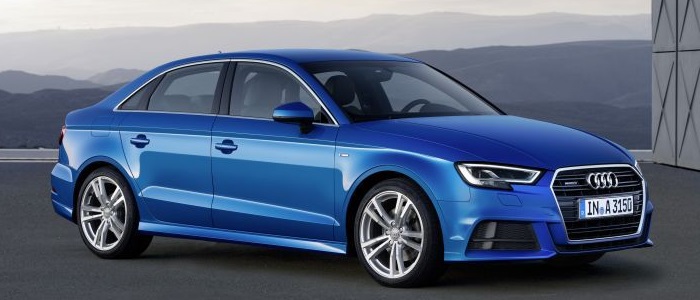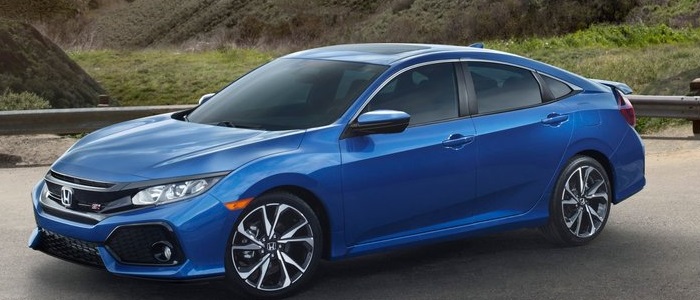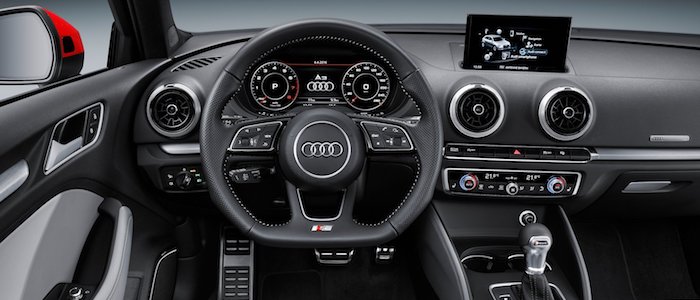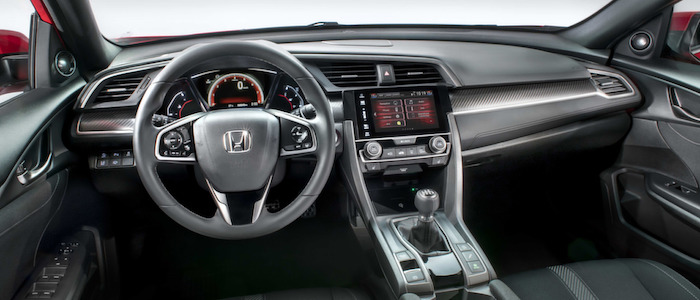Compare two cars
Compare any two cars and get our Virtual Adviser™ opinion
Marketing
Dimensons & Outlines
Engine
Performance (manual gearbox)
Performance (automatic gearbox)
Expenses
Virtual Adviser's™ opinion
Well, these are two pretty similar cars we have here! It's only details that could potentially make the difference. Considering they both belong to the small family car segment and utilize the same 4-door sedan body style and the front wheel drive system, it all comes up to the specific petrol engine choice they offer. The first one has a Volkswagen-engineered powertrain under the hood, a 3-cylinder, 12-valves 115hp unit, while the other one gets its power and torque from a 4-cylinder, 16-valves 182hp engine designed by Honda.
SafetyBoth vehicles got tested by European New Car Assessment Programme (Euro NCAP), with the same number of safety stars gained in the process. That aside, let's consider some other aspects which affect safety. Both vehicles belong to the small family car segment, which is generally classifying them somewhere in the middle safety-wise, but that fact doesn't break the tie between the two cars. On the other hand, when it comes to weight, a factor that most people underestimate, the Japanese car offers a marginal difference of 5% more metal.
ReliabilityI don't like generalizing things when it comes to reliability, although it does seem that Honda is significantly less fault-prone, all the models observed together. These are the results of an independent reasearch, while our visitors describe reliability of Audi with an average rating of 4.2, and models under the Honda badge with 4.7 out of 5. Some independent research have also placed A3 as average reliability-wise, and Civic is more or less at the same level.Above it all, drivers of cars with the same engine as the German car rank it on average as 4.7, while the one under the competitor's bonnet gets 5.0 out of 5.
Performance & Fuel economyHonda is undoubtly more agile, reaching 100km/h in 1.8 seconds less than its competitor. Still, it lacks the power to win the top speed competition, topping at 210 kilometers per hour, 1km/h less than the other car. When it comes to fuel economy the winner has to be the German car, averaging around 4.4 liters of fuel per 100 kilometers (64 mpg), in combined cycle. We can't ignore that 30% difference compared to the Japanese car.
Verdict
Honda appears just a bit more reliable, although the difference is truly marginal. The most important thing when deciding between any two vehicles should always be safety, both passive and active. In my opinion, everything taken into account, the Japanese car offers slightly better overall protection and takes the lead. It all continues in the same direction, with Honda being considerably quicker, thus putting more smile on driver's face. It does come at a cost though, and that's the fuel consumption... At the end, as much as I'd like to give you a winner here, it's simply a pure tie if you ask me. In any case that's my personal view, built upon all the data available to me. What should decide here though is the way you feel about the two vehicles, and I hope you'll find my guidelines useful in the process. I suggest you spend two more minutes in order to find out which car, based on your needs and budget, would be picked by the virtual adviser™, among more than 12.000 different ones in our database.


































